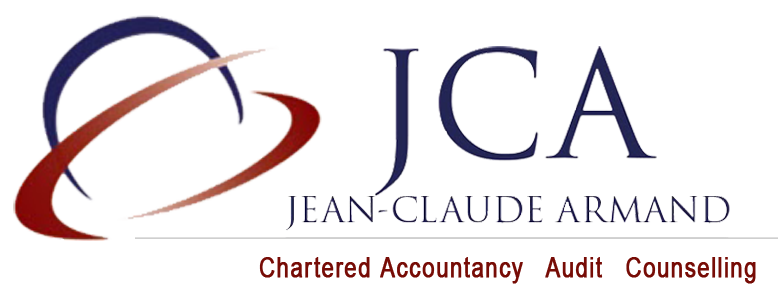Accounting in France
Accounting in France: overview
Individual entrepreneurs are generally not subject to any accounting regulations whatsoever. However, practically, the are required to hold a double-entry accounting for tax purposes.
However, companies in principle are under the obligation of presenting their (individual) financial statements every 12 months and eventually their consolidated financial statements.
Individual annual financial statements are drawn up according to the rules provided in the French General Chart of Accounts, which differ from the IFRS in two ways. First, all French rules originate from or are acknowledged by General Tax Code. Second, most of them use the principle of prudence and historical cost. Thus, (i) the net result per individual annual financial statements never differs from that of corporate tax return and (ii) they should give a view of the company in terms of equity/or heritage.
How accounting in France differs from the IFRS
The IFRS give priority to the true and fair view rather than the principle of prudence. Financial statements give an economic view of the company. In other words, they allow one to measure the company’s capacity to generate cash flow.
These differences require that the financial statements be re-drafted in order to shift from French accounts to financial statements meeting the IFRS.
French subsidiaries of foreign groups are not under the obligation of presenting consolidated financial statements, under the dual condition that (i) they are not listed companies, and (ii) their parent company presents consolidated financial statements in conformity with the European Union’s Seventh Directive. Financial statements complying with the IFRS are deemed to be in conformity with this Directive.
Finally, Incorporated Companies (S.A.), on the one hand, and Simplified Incorporated Companies (S.A.S) and Limited Liability Companies (S.A.R.L.), under certain conditions, are under the obligation of appointing an auditor for a term of 6 years.
Need more information?


